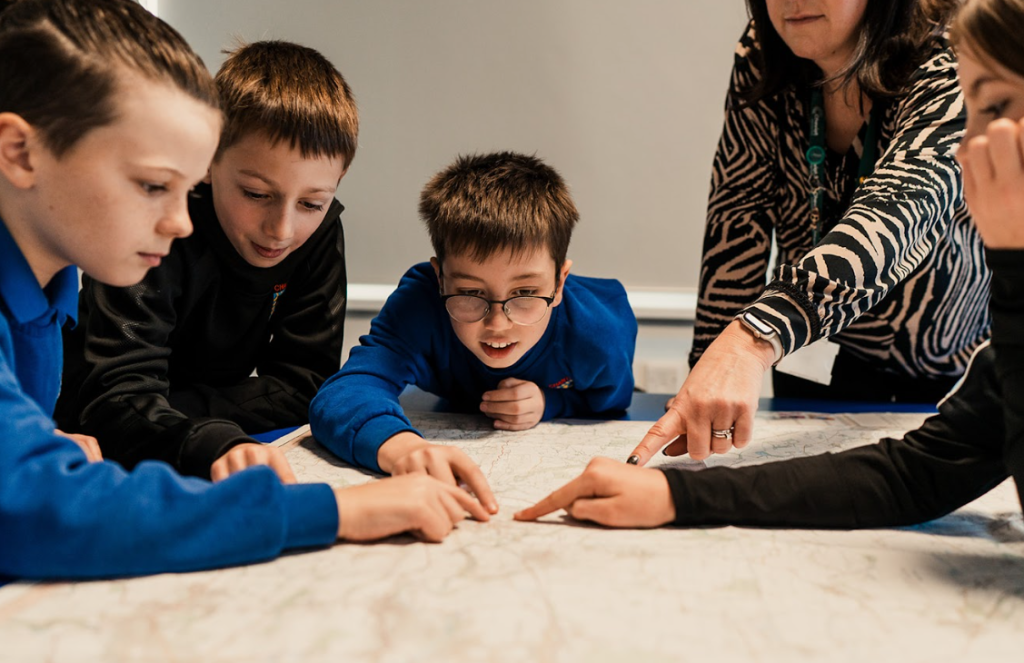Geography at Chantry: Inspiring Curiosity, Deepening Understanding
At Chantry Middle School, our Geography curriculum is designed to spark curiosity and help pupils better understand the world around them. Through the study of people, places, and environments—both physical and human—we aim to equip pupils with essential geographical knowledge, skills, and a global perspective.
From Year 5 to Year 8, pupils explore a range of topics including Europe, Mexico, the USA, rivers, climate change, natural disasters, globalisation, and countries such as Kenya and India. Each year builds on prior learning, with fieldwork and map skills developed and applied regularly. By the end of Year 8, pupils will be confident in using maps, analysing data, understanding global issues, and thinking critically about the connections between people and places.
Our Geography lessons follow a structured and supportive approach:
- Learning intentions are shared clearly so pupils understand what and why they are learning.
- New knowledge is modelled step-by-step with visual tools, vocabulary teaching, and real-world examples.
- Pupils practise skills through a range of activities—from mapwork to extended writing.
- We regularly revisit prior learning to help pupils retain and connect key knowledge.
Assessment is varied and takes place throughout the year:
- Written answers and short paragraphs
- Multiple-choice quizzes
- End-of-topic tests, including the retrieval of previous learning
We provide strong support for SEND learners, using strategies like task planners, visual prompts, and scaffolded writing tools. Teachers also provide real-time support and guidance during lessons.
Geography also contributes to pupils’ cultural capital and understanding of modern society. We promote empathy, awareness of global and local issues, and respect for cultural diversity—values closely linked to British Values.
Through Geography, we aim to help pupils become thoughtful, informed citizens, ready to understand and engage with the world.


